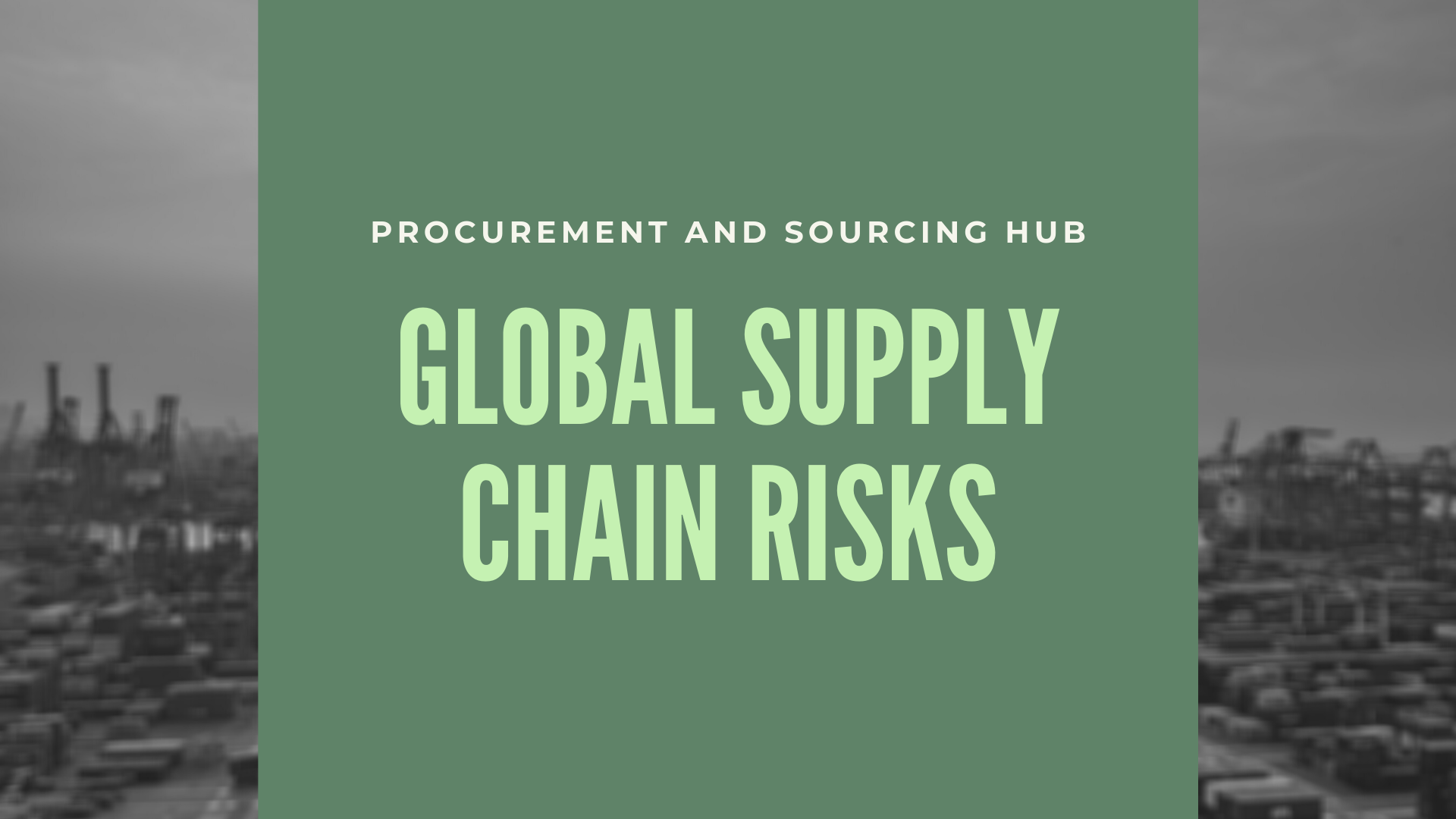Risks impacting the global supply chain management can range all the way from the natural disasters, the Amazon fires being the latest example, possibly fanned by the political flames, to the cyber-attacks. Such risks, if left unmitigated without the involvement of supplier development engineer experts, may prove to be potentially fatal to any company’s existence, as well as a competitive advantage. For building a winning strategy for supply chains that accommodates disruptions by anticipating them, the following sources of risk might prove important.
Financial Data Risk:
The financial risk lies at the very core of supply chains. Lack of transparency regarding the suppliers' financial health may leave the buyers reeling in case they declare bankruptcy all of a sudden or simply vanish. This is where the experience and expertise of supplier development subcontractors come into play. They would help the buyers become sure of the authenticity of the suppliers.
Labor Risk:
If there are changes in the labor laws, or if any supplier faces a shortfall due to a strike, the ripple effect across the cascading cross-dependencies may very well affect the entire supply chain management.
Climate Change/Natural Disasters:
Natural disasters affect business, life, as well as the supply chain, simultaneously affecting labor and raw material availability, as well as transportation.
Political Volatility/War:
These halt production, as well as limiting the access to the raw materials while decimating the available labor.
Cyber Crimes:
Cyber-attacks may cost the buyer companies hefty money, whether through the direct theft of the assets as well as causing delays and subsequent damage to competitive advantage, profitability, and the public image.
Global Supply Chain Disasters in the Light of the Amazon Rainforest Fires
The fire caused an unimaginable negative impact on the supply chains of the companies relying upon their materials sourced from the Amazon region. Various industries such as cosmetics, meat, pharmaceuticals, timber, tourism, oil, as well as agriculture have received serious blows. Unexpected and hard to ward off or combat, it proved to be a “perfect storm” for the global supply chain risks.
However, planning along the following lines can help us solve some of such problems in the future:
Investing in Procurement Software:
Relationship management between the suppliers and the buyers with the help of supplier development engineer experts who use digitized supply chain development tools, which are supported by the on-demand and in-depth access to all relevant data, process automation, artificial intelligence etc., making it easier to optimize and evaluate supply chains.
Developing and Leveraging Business Intelligence:
For it to be useful, data must be analyzed and strategized for decision making. The supply chain gains transparency through supplier performance, spend data, and process improvement, which may further refine it.
Investing in Cyber Security:
Data breaches, industrial espionage, denial-of-service-attacks cost both money, competitive advantage and reputation, as well as causing lawsuits. Partnering only with the reputable suppliers gleaned by supplier development experts, who would share the buyer's commitment towards intellectual property securing, transactional data, customer information etc. will put you on the right track.
Though the new-age business firms are armed to face the above-mentioned challenges, it is not enough. Supplier development subcontractors give necessary insights when it comes to combating business risks. Supply chain disruptions would always be there and the only way to cope with is to face it.

Comments
Post a Comment